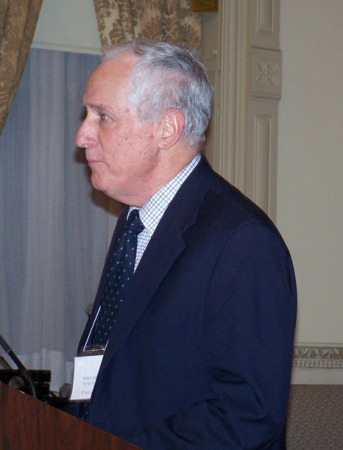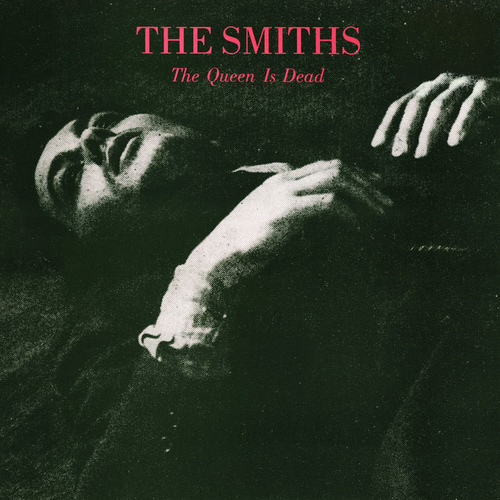
Robert Darnton in 2016
This month Oxford University will award an honorary doctorate of letters to Robert Darnton, a (if not the) leading cultural historian over the past 50 years of eighteenth-century French publishing, book trade and literary culture.
I count myself as one of the many scholars inspired by his works. The Great Cat Massacre (1984) was among the first scholarly works I was assigned to read upon beginning postgraduate study. As a doctoral student, I benefited from his advisement (as a doctoral student at Columbia, I enrolled through a university exchange in his Princeton seminar on ‘The Social History of Ideas in Eighteenth-Century France’). And now as a senior research affiliate of the Voltaire Foundation and General Editor of Oxford University Studies in the Enlightenment, I take particular interest in expressing on behalf of the Voltaire Foundation our collegial pride, admiration, and respect for Professor Darnton on this occasion. Indeed, I would like to highlight some of his impact on the Voltaire Foundation – though, unlike the Public Orator, I will not do so in Latin!
Darnton entered into the field of eighteenth-century studies at Oxford in 1960 as a Rhodes Scholar. He thus entered the field at a moment of dynamism and growth: just a few years earlier (1955) had seen the launch of what became Studies on Voltaire and the Eighteenth Century, and just a few years later would bring the initial International Congress on the Enlightenment (1963).
Darnton remained at Oxford to complete his doctoral thesis (in 1964) on radical political pamphleteering in the 1780s. Moreover, under the influence of Oxford faculty Robert Shackleton and Richard Cobb, he conducted his first research on J.-P. Brissot and the rich police, book trade and censorship archives. These lines of research led directly to the seminal articles and books he would publish after taking up a position at Princeton, including Mesmerism and the End of the Enlightenment in France (1968), The Business of Enlightenment (1979), and the Literary Underground of the Old Regime (1982). This body of work alone would justify the recognition of an honoris causa doctorate.
Darnton however remained both directly and indirectly engaged with Oxford and the Voltaire Foundation. In 1983 he was elected to the executive board of the International Society of Eighteenth-Century Studies and served as its president from 1987 to 1991. He was instrumental in bringing the ISECS meeting to Budapest before the fall of the Berlin Wall, and in establishing the East-West Seminar for early career scholars, which he directed until 1995. The proceedings of both the ISECS Congresses and the East-West Seminars were in those years published in SVEC. This includes Darnton’s 1991 presidential address, ‘Reviving the Republic of Letters’, SVEC vol.303, p.3-16, just one of at least six talks or papers he contributed to SVEC volumes between 1988 and 2003, before the series adopted its all-book format – and even after, he continued to contribute, penning a preface to Thierry Rigogne’s Between State and Market: Printing and Bookselling in Eighteenth-Century France (2007).
Darnton served two terms on the Voltaire Foundation board, in 1987-1991 and 2000-2007; during the latter term, he was an instrumental contributor to the conception and initial funding of the Electronic Enlightenment, launched by the VF before being moved to the Bodleian Libraries and distributed by Oxford University Press. During this period, he also authored and edited the Voltaire Foundation’s first foray into digital publishing, a fully on-line monograph and document collection, J.-P. Brissot, His Career and Correspondence (1779–1787) (2001).
The importance of his impact on Enlightenment studies has been so great that it merited a book of its own – SVEC vol.359, The Darnton Debate, edited by Haydn Mason, then the General Editor of the series. (This book first appeared as a SVEC hardcover and then was republished in 1999 as part of the VF’s paperback Vif series; it remains one of the best-selling SVEC volumes in its entire 60-year history.)
The 13 original essays in this volume assess the many facets of his work (to that point; he has published four major scholarly books since then, and another – his long-awaited survey of the French book trade in the eighteenth century – is expected next year!). Darnton here provided a response which, although far too early in his career to be a valedictory, nevertheless offers a lucid and compelling narrative of his own ‘two paths through the social history of ideas’.
It is, I think, fair to say that neither path would have been possible, for him or for those of us who have been able to follow him into this still-vibrant field, without the institutions that he helped build and maintain. And it is to such institutions as the Voltaire Foundation and Oxford University Studies in the Enlightenment and the Enlightenment values that they espouse and embody, on the occasion of Darnton’s honorary degree awarded at the annual Encaenia ceremony, that we recommit ourselves in a celebration of ongoing renewal.
– Gregory S. Brown
NB listen to Robert Darnton speak on the subject of ‘fake news’ in the eighteenth century.
Advertisements Share this:





